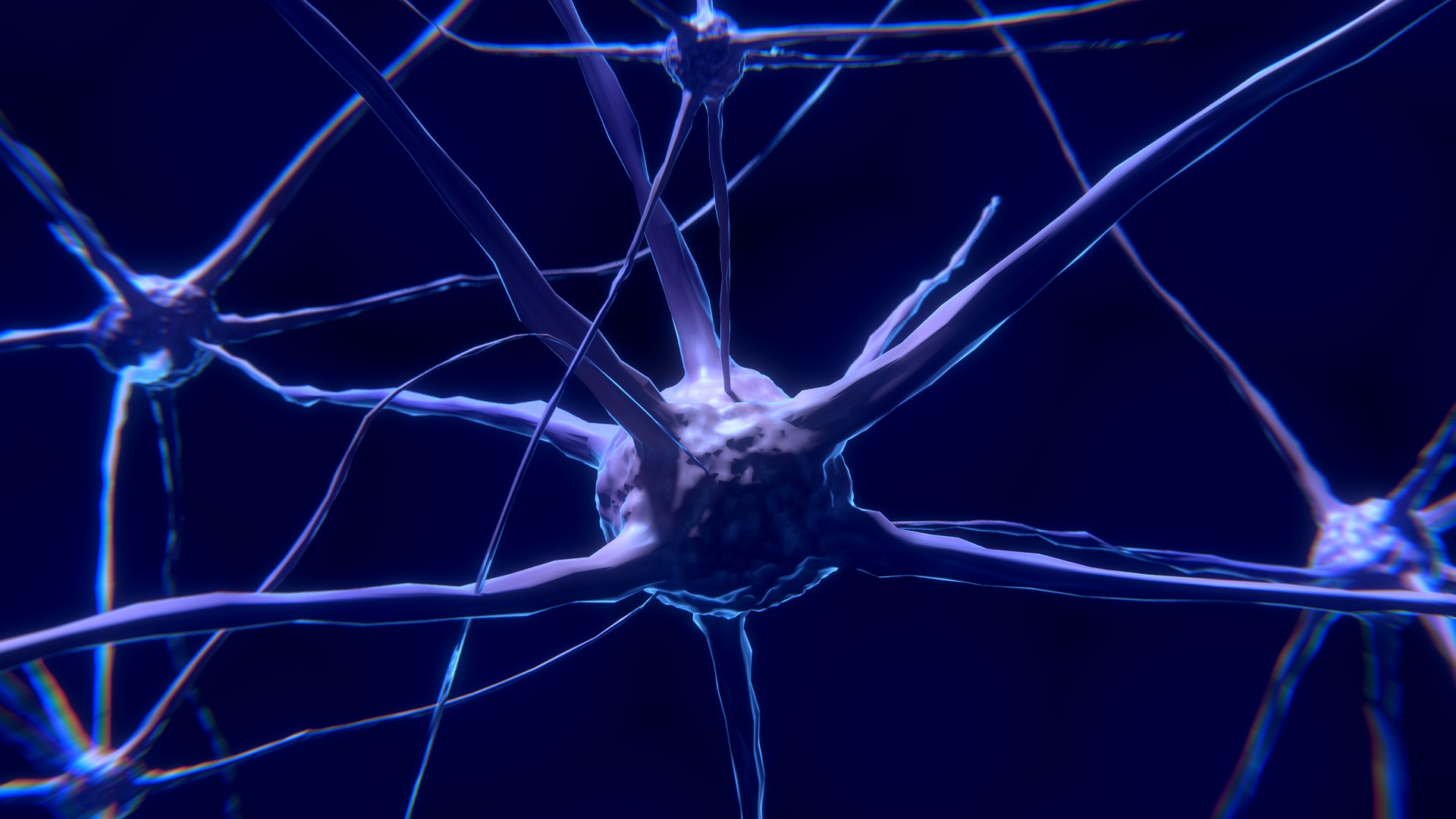Did you know that sleep is just as important for weight loss as eating right and being active? Studies show that poor sleep is associated with weight gain.
A good formula for weight loss includes:
Balanced Diet
Exercise
Sleep
Giving your body the sleep and rest it needs will enable you to lose weight even if you don’t alter your diet or fitness routine. And, no matter how conscientious you are about what you eat and how active you are, a poor sleep pattern is likely to torpedo your good intentions.
How does sleep affect ability to lose weight?
-
During sleep your brain secretes a large amount of growth hormone, which tells your body how to break down fat for fuel. If you don’t get enough sleep, there won’t be enough hormone to break down fat, instead you’ll store it.
-
Poor sleep tends to increase your appetite. This is most likely because of the impact that sleep has on the hunger hormones ghrelin (released from stomach when you are hungry) and leptin (released from fat cells signaling fullness). When you are sleep deprived, the body makes more ghrelin and less leptin.
-
Sleep deprivation dulls the activity in the frontal lobe of the brain which oversees decision-making and self-control. Research has also shown that lack of sleep increases desire for high-calorie foods. When you are tired you will have a harder time fighting off cravings. It can lead to higher intake of calories due to after-dinner snacking too.
-
Studies show that the number of calories you burn when you are at rest, your resting metabolic rate (RMR), is decreased with lack of sleep. And some studies show poor sleep can lead to muscle loss. Muscle burns more calories at rest than fat, which leads to lower RMR.
-
Lack of sleep will cause tiredness during the day making you less motivated to exercise. Getting more sleep should increase your desire and performance of physical activity.
-
Poor sleep is associated with insulin resistance, which can lead to weight gain and type 2 diabetes.
In summary, when you are rested, you make better decisions about choosing foods that support your desire to lose weight, stick with your exercise plan and your metabolism to burn energy will be working at its optimum level.
How do you know if you are getting enough sleep?
Doctors recommend 7-9 hours of sleep a night for adults. However, 30% of adults in the U.S. get less than 6 hours of sleep each night. (average is 6.85 hours per night).
Ask yourself these questions:
Do I need an alarm clock to wake up?
Do I have trouble getting out of bed in the morning?
Do I get tired easily when driving?
Do I have trouble remembering things or concentrating?
Do you need coffee to get you through the day?
If you answer yes to any of these questions, you probably need more sleep. Try going to bed 30 minutes earlier than usual for a week. Keep adding an additional 15 minutes every week until you easily wake up at the right time. Continue this and you’ll see your mood and mental clarity improve! And you’ll be able to stick to your eating exercise plan too.
Have questions? Send me an email and I’ll be happy to answer!
References:
The Sleep Doctor’s Diet Plan, Dr. Michael Brues
https://www.healthline.com/nutrition/sleep-and-weight-loss







Nicely done. I especially liked the simple questions to help one decide if they are getting enough.